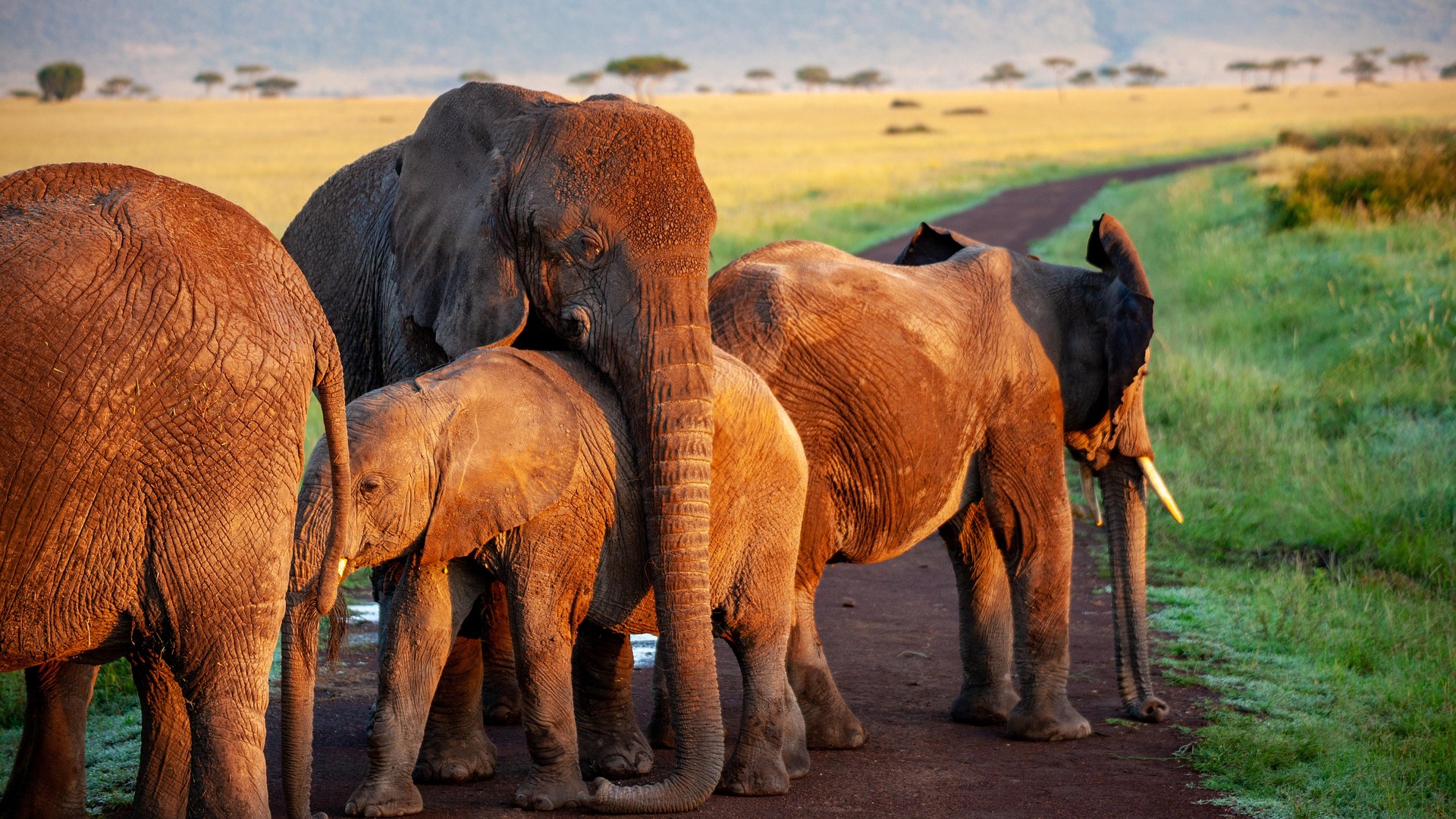1. Natural Behavior, Not Aggression
Elephants aren’t naturally aggressive. In fact, they are usually calm, social animals that live in tight-knit family groups. They communicate with each other using sounds, body language, and even vibrations through the ground. Most of the time, elephants are focused on finding food, water, and taking care of their young.
However, like any animal, they can become aggressive when they feel threatened, scared, or cornered. Just like a dog or any other animal, an elephant will react if it feels its safety or the safety of its herd is in danger.
2. When Do Elephants Show Aggression?
There are certain situations when elephants might show aggressive behavior:
- Protecting Their Family: Female elephants, especially mothers, are extremely protective of their young. If they feel their babies are in danger, they may act aggressively to chase off predators or even humans who come too close. Male elephants can also be protective of their herd.
- Male Elephants in Musth: Male elephants go through a period called musth, which is like an intense time of hormonal changes. During musth, male elephants can become more aggressive and territorial, especially when competing for mates. They might show aggression toward other males or anything they see as a threat to their dominance.
- When They Feel Cornered or Threatened: If elephants are surprised or feel trapped (like in a zoo or when they are near humans they don’t trust), they may become aggressive to defend themselves. This is often out of fear, not because they want to hurt anyone.
3. Elephant Aggression Is Usually a Warning
One thing that makes elephants different from many other animals is that they often give warning signs before acting aggressively. For example, they might flap their ears, shake their heads, or make loud trumpeting noises. These are signals to stay away. If the threat doesn’t back off, the elephant may charge.
4. Elephants Are Generally Peaceful
When not threatened, elephants are incredibly peaceful creatures. They form close family bonds and even grieve for lost loved ones. In the wild, they move in herds and often help each other out. They also have deep emotional intelligence and can display behaviors like empathy and cooperation.
How to Stay Safe Around Elephants
If you ever find yourself near elephants, whether in the wild or in a sanctuary, always keep your distance. Respect their space, and never approach them aggressively. If you’re on a safari or in a wildlife park, always follow the rules and listen to the guides. Remember, elephants are wild animals, and even though they’re usually calm, they can react unpredictably if they feel threatened.
So, elephants are not out to get you. They are magnificent creatures that deserve our admiration and care, not fear.
